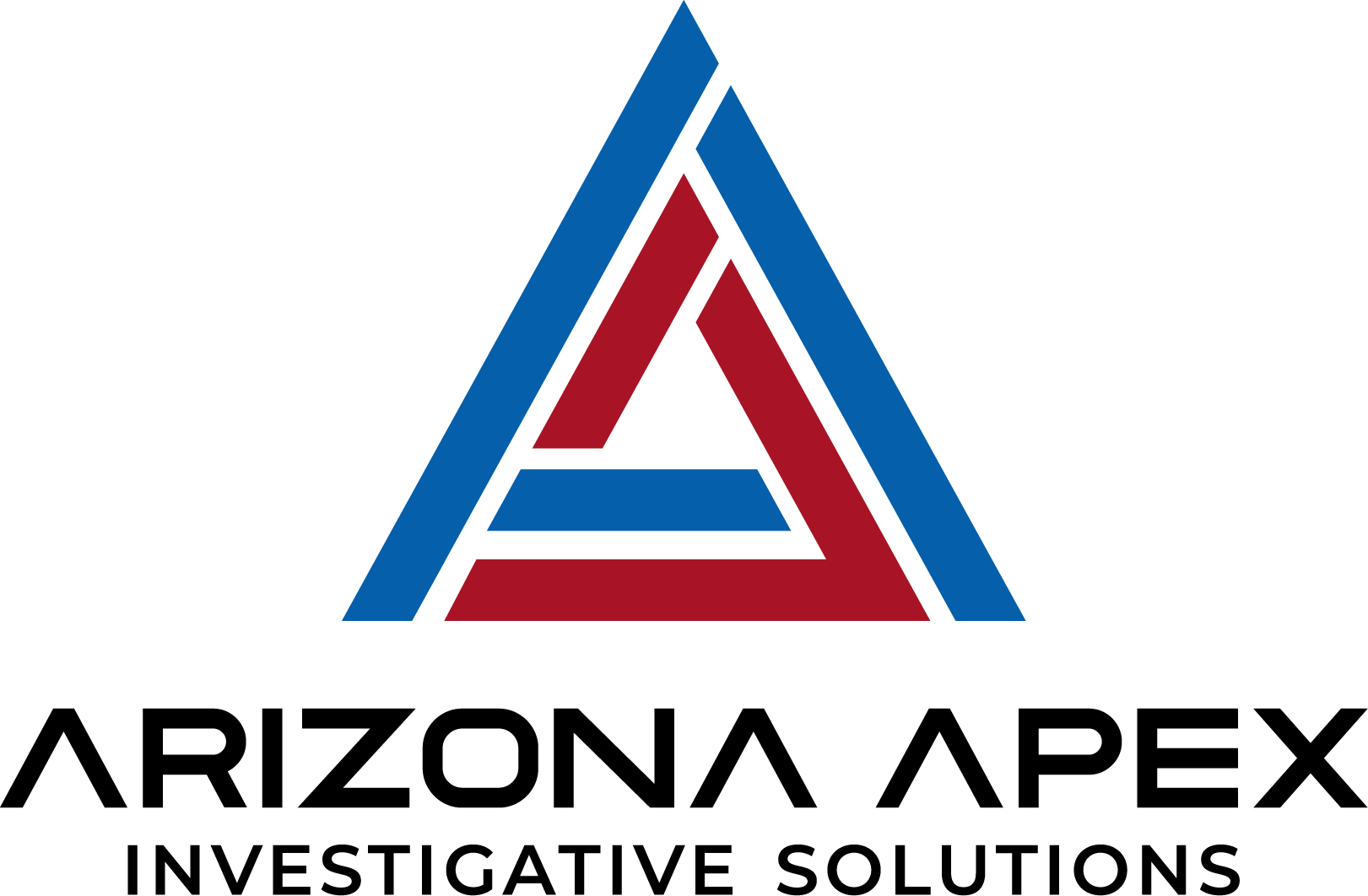Financial Fraud Crimes
Table of Contents
Financial Fraud Crimes: What makes your case state or federal?
The weapons of choice for criminals committing financial fraud crimes include a telephone, letter, glossy publication, or brochure offering free vacations, merchandise, investment opportunities, or services.
Not all financial fraud involves the selling of goods to consumers. Some financial fraudsters target institutions and/or businesses.
Some examples consist of:
- Telemarketing fraud solicitation for phony goods or services. Remember, the IRS will never call you
- Mail fraud
- Pensions and trust fund fraud
- Embezzlement
- Pyramid or Ponzi schemes
- Credit card and check fraud
- Identity theft
- Fraud related to securities, commodities, and other investments
- Bank fraud
- Health care and insurance fraud
- Advance fee schemes
- Internet fraud
What makes your case a federal matter?
According to the Department of Justice, as defined here, fraud crimes can be prosecuted at either the state or federal level, depending on a number of factors. However, in all of the years doing corporate investigations and working with local and federal law enforcement agencies (LEA’s), it has always been a challenge to get cases elevated to a level that federal LEA’s want to get involved. And unless the case is easy and clearly defined, even local LEAs hesitate to get involved. Especially, if it’s a complex case.
- Type of fraud scheme and amount of money stolen.
- Some financial crimes are too small for local law enforcement to get involved with.
- Some financial crimes are too large for local law enforcement. Yet, too small for federal law enforcement.
- Federal law enforcement really only gets involved with extremely large cases. And even then, it can be a challenge.
- Laws violated (federal, state or both)
- Only violations of federal law will be classified as a federal matter.
- Only violations of federal law will be classified as a federal matter.
- Method of operation
- Credit card fraud can always be classified as a federal crime as the transaction goes from the state of origin, to a clearinghouse in another state, then to the banks corporate headquarters and/or datacenters then back. By definition, the credit card transaction always crosses state lines.
- Credit card fraud can always be classified as a federal crime as the transaction goes from the state of origin, to a clearinghouse in another state, then to the banks corporate headquarters and/or datacenters then back. By definition, the credit card transaction always crosses state lines.
- Use of public services (such as the U.S. Postal Service, Telecommunication systems, and Medicare) that fall under federal or state regulation and authority.
To learn more about how we can help you, visit our About page. Or check out our Available Services to see if we can help you.




